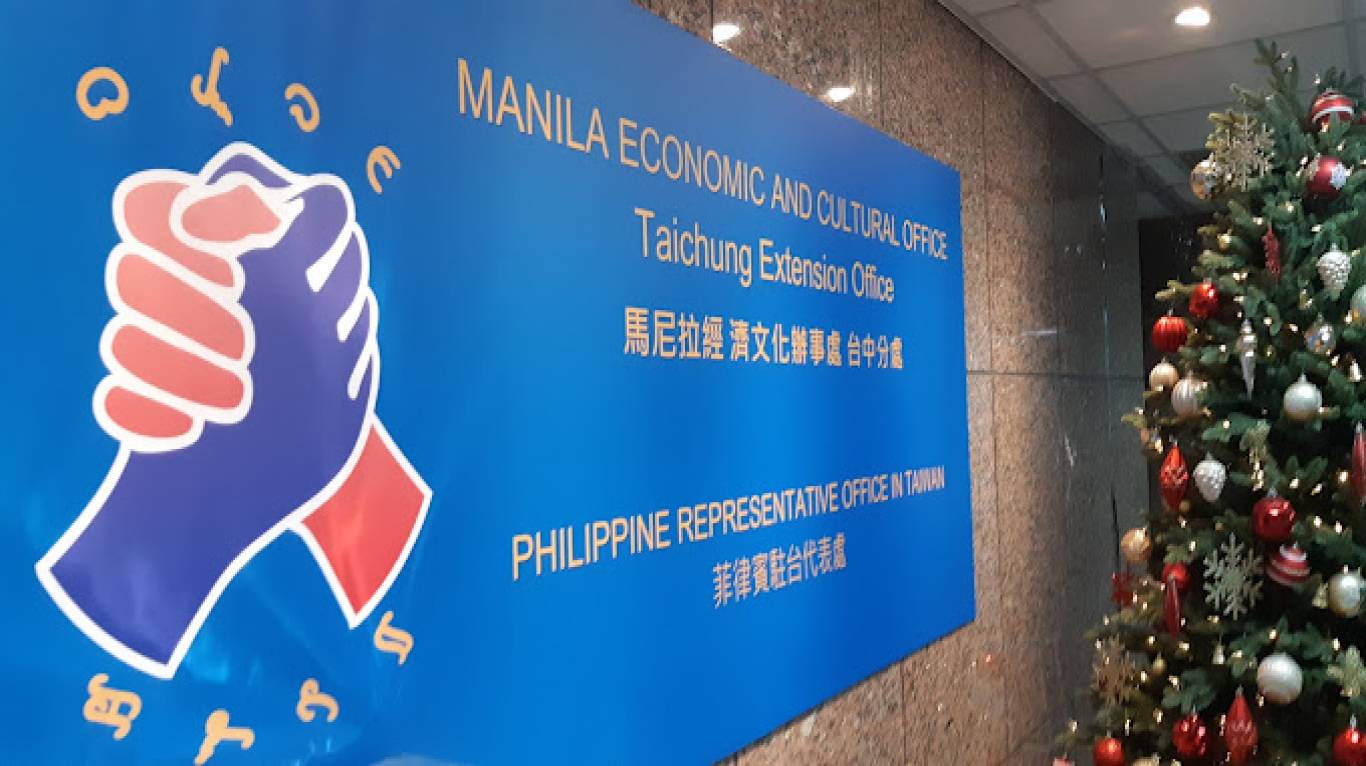MANILA, Philippines—A placement agency in Manila has been involved in previous cases of recruiting and sending Filipino students to Taiwan for a study-work program and is not new to the practice, according to the Manila Economic and Cultural Office (Meco) on Thursday (Nov. 16).
“This is not the first time that complaints against this recruitment agency are reported by parents and students to our office,” said MECO chair Silvestre H. Bello III in a statement.
“Even before I assumed office, this agency has already been engaged in the recruitment of students,” he said.
MECO records showed that JS Contractor, a recruiter based in Intramuros, was identified as the same agency that deployed students from the Philippine Christian University. They formed part of the first batch of scholars in Taiwan in 2019.
Records also showed that the engagement of recruitment agencies prompted the Taiwan Ministry of Education (MOE) to slash its subsidy to universities taking part in the program. It also restricted enrollment of foreign students in the program.
In October 2020, MECO met with officials of MOE and several Taiwanese universities, where the MOE policy barring recruitment agencies from the study-work program was reaffirmed.
During the meeting, JS Contractor was described as one that “recruits students for Kun Shan University and Kao Yuan University in Kaohsiung,” while two other Philippine manpower agencies “recruit students for Far East University of Science and Technology in Tainan.”
In a report received by its Taipei office last month, MECO said JS Contractor also
collected excessive fees from 32 students bound for Taiwan. They arrived in Taipei last November 2.
The P45,000 collected from each student was supposed to cover the cost of airplane ticket, visa, overseas employment certificate (OEC) and pre-departure orientation (PDE) seminar fee.
A one-way plane ticket to Taipei costs only about P10,000, while a student visa costs P2,400. OECs and PDOS are required only for Filipino workers before they are deployed overseas.
In the same report to MECO, the recruited students said they were oriented and interviewed for the study-work program by Taiwanese individuals representing certain schools in Taiwan.
“The Taiwanese individuals were assisted by a Filipino-Chinese named Justin Gan and a certain William Famaran. They are officers and agents of a recruitment agency based in Manila — JS Contractor Inc.,” the report said.
In separate testimonies in Taipei, the students said they were under strict instruction from Famaran not to tell anyone of JS Contractor’s involvement in the recruitment. But during the screening process, they were told to say the agency sent them to avail themselves of discounts in medical examinations.
The students were also not given receipts for their payments to the agency made through Famaran, the students added.
“We have no reason to doubt the complainants. The agency has a lot of explaining to do,” said Bello.
“Their blanket denial of involvement in the recruitment of scholars and collection of exorbitant fees does not, in any way, satisfy our desire to stop the schemes that victimize our young students,” Bello said.
The MECO chief had said he would ask the Department of Migrant Workers to cancel the agency’s license to prevent it from further engaging in recruitment activities.
The work-study program is under Taiwan’s Academe-Industry Collaboration Program of the New Southbound Policy.
Selected universities arrange for internships with industrial or semiconductor companies where the students may also seek employment after graduation.
